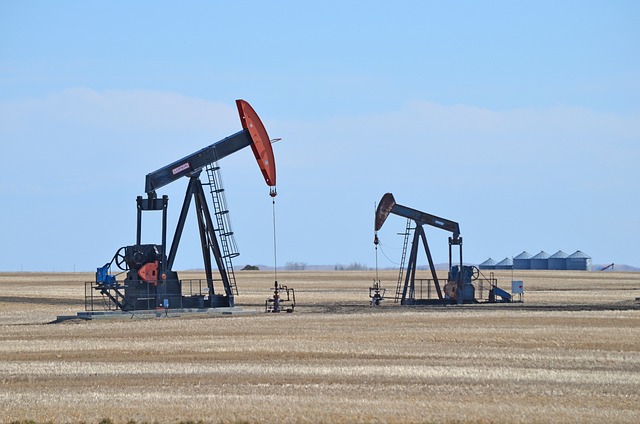Understanding the Legal Ramifications of Oilfield Injuries
The oil and gas industry, while lucrative, is fraught with hazards that can lead to serious injuries. Given the high-risk nature of oilfield work, employees and employers must understand the legal implications surrounding oilfield injuries. Consulting a Houston oilfield injury lawyer can provide valuable insights into these complexities. This short guide also aims to clarify workers’ compensation, liability issues, and the steps companies can take to comply with safety regulations. Let’s explore case studies, as well, to underscore the necessity of robust safety measures.
Workers’ Compensation in Oilfield Injuries
When an injury occurs in an oilfield, the injured worker is typically entitled to workers’ compensation. This type of insurance provides medical benefits and wage replacement to employees injured during employment. However, the specifics can vary widely depending on the jurisdiction.
Key Points to Consider:
- Eligibility: Most oil and gas industry employees are covered by workers’ compensation, but there may be exceptions based on employment status and state laws.
- Benefits: Workers’ compensation covers medical expenses, rehabilitation costs, and a portion of lost wages. In cases of permanent disability, additional benefits may be available.
- Reporting: Prompt reporting of injuries is crucial. Delays can complicate the claims process and potentially jeopardize benefits.
Liability Issues
While workers’ compensation provides a safety net for employees, it doesn’t absolve employers of liability. In many cases, negligence or failure to adhere to safety regulations can lead to legal action beyond workers’ compensation claims.
Employer Liability:
- Negligence: If an employer fails to provide a safe working environment, they can be liable for injuries. This includes inadequate training, lack of proper equipment, and failure to enforce safety protocols.
- Third-Party Claims: Sometimes, injuries may be caused by third parties, such as equipment manufacturers or subcontractors. In such cases, injured workers may be able to file a lawsuit against these entities.
Employee Recourse:
- Personal Injury Lawsuits: In some situations, injured workers might pursue personal injury lawsuits against their employer or third parties. Consulting a Houston oilfield injury lawyer can be crucial in these cases. These lawsuits can result in higher compensation than workers’ comp claims, especially if negligence is proven.
Ensuring Compliance with Safety Regulations
Companies must prioritize compliance with safety regulations to mitigate the risk of injuries and subsequent legal ramifications. This involves adopting industry best practices and ensuring all employees are well-trained and equipped.
Steps for Compliance:
- Regular Training: Conduct regular safety training sessions to update employees on the latest safety protocols and emergency procedures.
- Safety Audits: Perform periodic safety audits to identify potential hazards and rectify them promptly.
- Proper Equipment: Ensure all equipment meets safety standards and is regularly inspected and maintained.
- Documentation: Keep detailed records of safety training, inspections, and incidents. This documentation can be crucial in the event of legal scrutiny.
Case Studies
To emphasize the importance of robust safety measures, let’s explore a couple of case studies that highlight both the pitfalls and successes in the industry.
Case Study 1: The Consequence of Negligence
In 2018, a major oil company was sued after an explosion at one of its sites severely injured several workers. Investigations revealed that the company had neglected routine maintenance and failed to address known safety hazards. The lawsuit resulted in substantial financial penalties and highlighted the dire consequences of cutting corners on safety.
Case Study 2: The Success of Proactive Safety Measures
Conversely, another oil company implemented a comprehensive safety program that included regular training, rigorous equipment inspections, and a robust reporting system. Over time, the company saw a significant reduction in workplace injuries and fewer legal issues. This proactive approach safeguarded employees and enhanced the company’s reputation and financial stability.
Conclusion
Understanding the legal ramifications of oilfield injuries is essential for both employees and employers. Workers’ compensation and liability issues can be complex, but staying informed and compliant with safety regulations can mitigate risks. By prioritizing safety and fostering a culture of vigilance, companies can protect their workforce and avoid costly legal battles.
If you have questions or need further assistance, consider consulting with a legal expert specializing in workplace safety and injury law. Remember, a proactive approach to safety is not just a legal obligation—it’s a moral one. Focusing on these key areas can ensure that your oilfield operations are efficient, safe, and legally sound. Stay vigilant, stay informed, and prioritize safety above all else.

